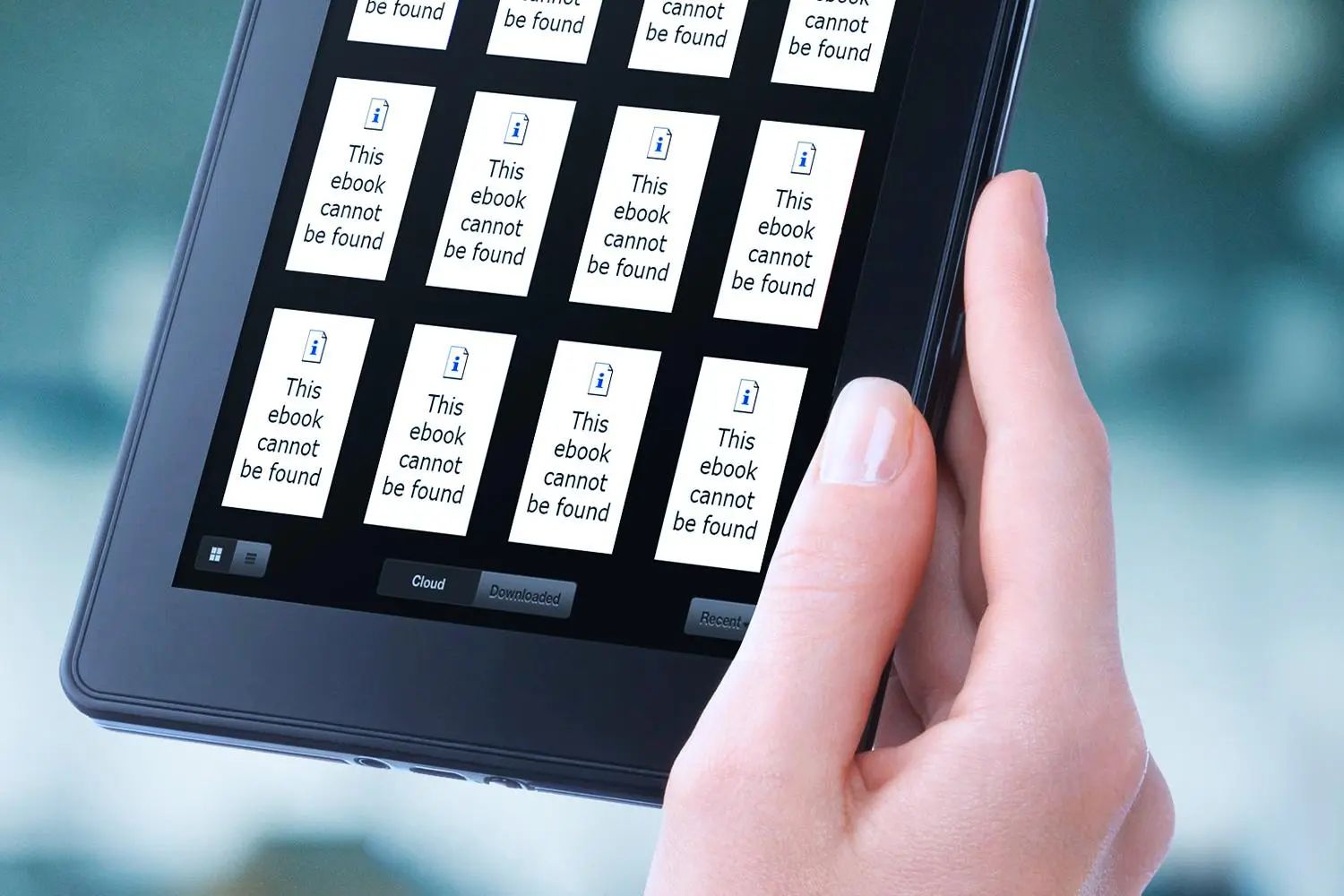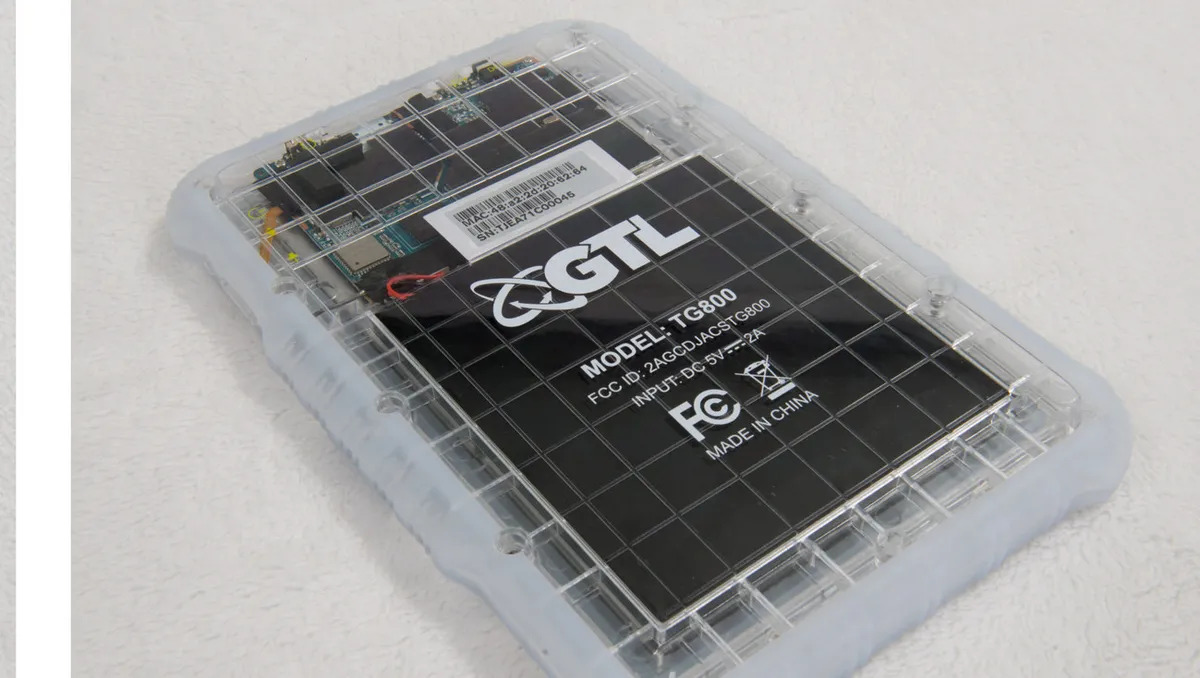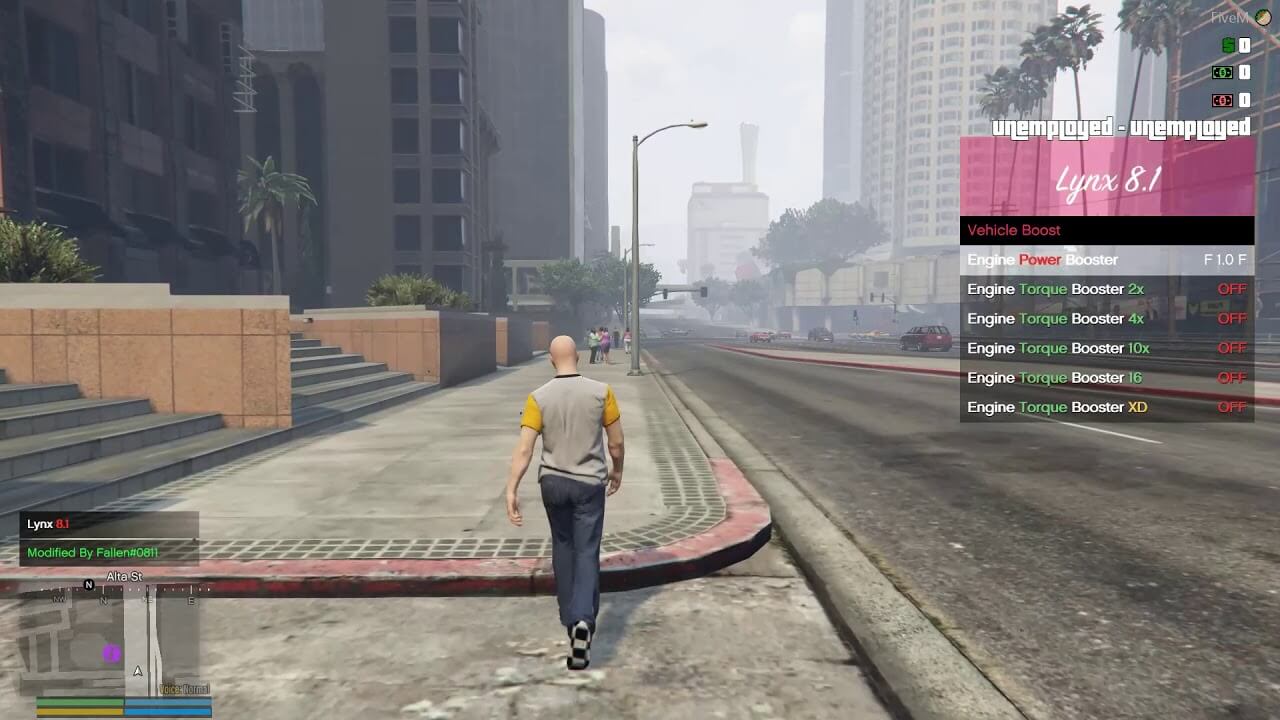Sentry, the app performance monitoring (APM) company used by major players such as Disney, Microsoft, and Cisco, has introduced a new software license called the Functional Source License (FSL). This license is designed to strike a balance between open source principles and commercial interests, allowing SaaS firms to grant freedom to developers while preventing harmful free-riding.
Key Takeaway
Sentry has introduced the Functional Source License (FSL) as a new software license that allows SaaS companies to grant developers freedom while preventing harmful free-riding. The FSL is an evolution of the Business Source License (BSL) and offers a two-year time limit before transitioning to an open source license.
The Problem with Traditional Open Source
According to Chad Whitacre, Sentry’s open source chief, traditional open source companies often struggle to compete with well-funded and resource-rich organizations that take advantage of their code without contributing back. Many open source companies rely on venture capital funding or support from companies that use their code, which can limit their independence and sustainability.
The Shift in Licensing
In response to this challenge, several companies have transitioned away from permissive open source licenses in favor of source-available licenses or copyleft licenses. For example, Elastic changed the license of Elasticsearch to prevent third parties from selling their own versions of the software without contributing to the original project. Similarly, HashiCorp made a similar move with Terraform.
Sentry itself initially used a permissive BSD 3-Clause license but switched to the Business Source License (BSL) in 2019. The BSL allows unlimited use in most non-commercial scenarios but reverts to an open source Apache license after a time period. However, Whitacre believes that the four-year time limit is too long and does not align with the spirit of open source.
Introducing the Functional Source License (FSL)
Sentry’s FSL is seen as an evolution of the BSL, providing a better balance between user freedom and developer sustainability. With the FSL, there is no additional use grant mechanism, and the time limit has been reduced to two years. After two years, associated products will automatically transition to an Apache 2.0 or MIT license.
The FSL aims to protect companies against competition while also incentivizing continuous innovation. It offers meaningful protection to the user community in case the driving company fails to maintain the project.
Criticism and Response
Thierry Carrez, general manager at the Open Infrastructure Foundation and vice chair at the Open Source Initiative, has criticized Sentry and other companies for abandoning the open source model that originally brought them success. Carrez argues that these companies are removing essential freedoms from the software ecosystem and imposing proprietary gatekeeping.

























